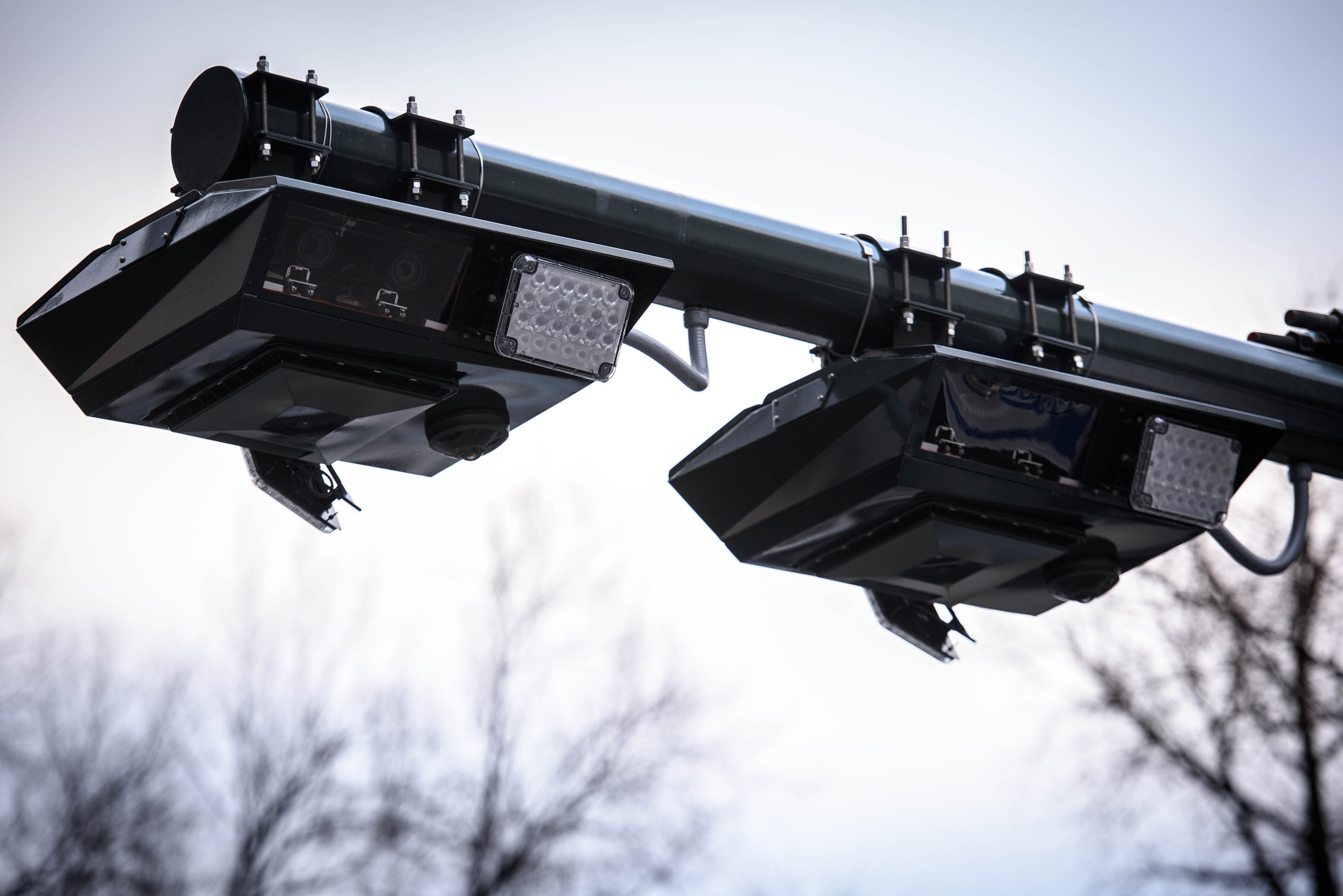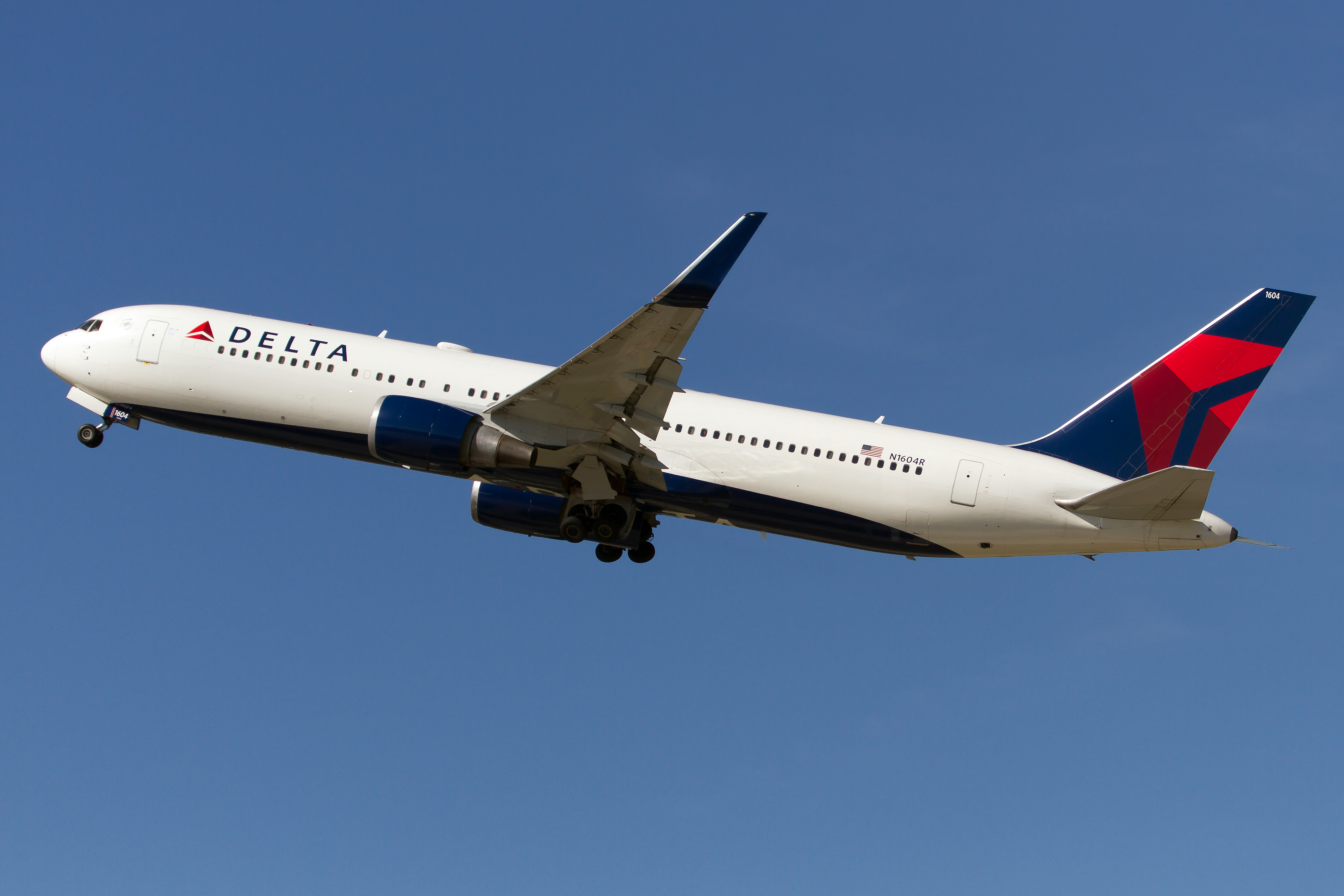What to Know
- NYC has agreed to pay more than $13 million to settle a civil rights lawsuit brought on behalf of roughly 1,300 people who were arrested or beaten by police during racial injustice demonstrations that swept through the city during the summer of 2020
- With certain exceptions, people arrested or subjected to force by NYPD officers at those events will each be eligible for $9,950 in compensation, according to attorneys for the plaintiffs
- The agreement, one of several stemming from the 2020 Black Lives Matter protests, allows the city to avoid a trial that could be both expensive and politically fraught
New York City has agreed to pay more than $13 million to settle a civil rights lawsuit brought on behalf of roughly 1,300 people who were arrested or beaten by police during racial injustice demonstrations that swept through the city during the summer of 2020.
If approved by a judge, the settlement, which was filed in Manhattan federal court Wednesday, would be among the most expensive pay-outs ever awarded in a lawsuit over mass arrests, experts said.
The lawsuit focused on 18 of the many protests that erupted in New York City in the week following the killing of George Floyd by a police officer in Minneapolis. With certain exceptions, people arrested or subjected to force by NYPD officers at those events will each be eligible for $9,950 in compensation, according to attorneys for the plaintiffs.
Get Tri-state area news and weather forecasts to your inbox. Sign up for NBC New York newsletters.
The agreement, one of several stemming from the 2020 Black Lives Matter protests, allows the city to avoid a trial that could be both expensive and politically fraught.
It comes as many other cities across the U.S. are negotiating their own settlements with protesters who spilled into the streets to decry racist police brutality after Floyd's death, a period of unrest that saw 10,000 people arrested in the span of a few days.
News
Attorneys with the National Lawyers Guild, which represented the plaintiffs in New York, accused NYPD leaders of depriving protesters of their 1st Amendment rights through a “coordinated” campaign of indiscriminate brutality and unlawful arrests.
Through more than two years of litigation, attorneys for the city maintained that police were responding to a chaotic and unprecedented situation, pointing to some unruly protests in which police vehicles were set on fire and officers pelted with rocks and plastic bottles.
A spokesperson for the NYPD deferred questions to the city's Law Department, which did not respond to a request for comment.
During some of the 2020 protest marches, officers deployed a crowd control tactic known as kettling against peaceful protesters, corralling them in tight spaces and attacking them with batons and pepper spray before making mass arrests.
Adama Sow, one of the named plaintiffs in the lawsuit, said their group of marchers were trapped by police without warning. Sow and the other arrestees were placed in zip ties until their hands turned purple, then held in a sweltering correctional bus for several hours.
“It was so disorganized, but so intentional,” Sow said. “They seemed set on traumatizing everyone.”
The city invoked qualified immunity, which protects police officers from lawsuits stemming from lawful work performed in the line of duty, and defended the decision to arrest medics and legal observers as within the rights of the department.
While attorneys for the plaintiffs cited past crackdowns on large demonstrations, including during the 2004 Republican National Convention, as evidence of longstanding “systemic violations” by the NYPD, attorneys for the city said there was no systematic effort to deprive people of their right to protest.
“There is no history — or present or future — of unconstitutional policing,” Georgia Pestana, an attorney for the city, wrote in a memo. “There is no frequent deprivation of constitutional rights.”
The lawsuit named former Mayor Bill de Blasio and retired NYPD Commissioner Dermot Shea as well as other police leaders as defendants. Under the settlement agreement, neither the city nor the NYPD is required to admit any wrongdoing.
Protesters who were arrested on certain charges — including trespassing, property destruction, assaulting an officer, arson or weapons possession — will be excluded from the settlement. Those who were seen on video blocking police from making arrests may also be ineligible.
Unlike some other lawsuits related to the 2020 protests, the class action was not meant to force the NYPD to change its practices. There are several other lawsuits aimed at injunctive relief that are ongoing, including one brought by New York Attorney General Letitia James that calls for a federal monitor to oversee the NYPD’s policing of protests.
Another class action settlement announced earlier this year would award $21,500 to those arrested by police during one demonstration in the Bronx, a pay-out that could total around $10 million including legal fees.
Separately, more than 600 people have brought individual claims against New York City related to police action during the 2020 protests, according to the city’s comptroller, Brad Lander. Roughly half of them have resulted in settlements and resolutions, costing the city nearly $12 million to date.
Wylie Stecklow, an attorney for the protesters in the class action lawsuit, said the growing cost to taxpayers should serve as a “red flag” for city leaders about the NYPD’s inability to correct its “decades old problem with constitutionally compliant protest policing.”
“While the arc of the moral universe is indeed long, sometimes it needs reform to bend towards justice,” he said.
In response to the settlement, a City Hall spokesperson said that Mayor Eric Adams "understands that justice and safety must go hand in hand. The men and women who wear blue have a sworn obligation to serve and protect the public, and that means protecting the right to peaceful protest."
Referencing the mayor's own experience with police abuse when he was younger, the spokesperson went on to mention the additional training police officers now undergo to handle such incidents, as well as wearing body cameras.



